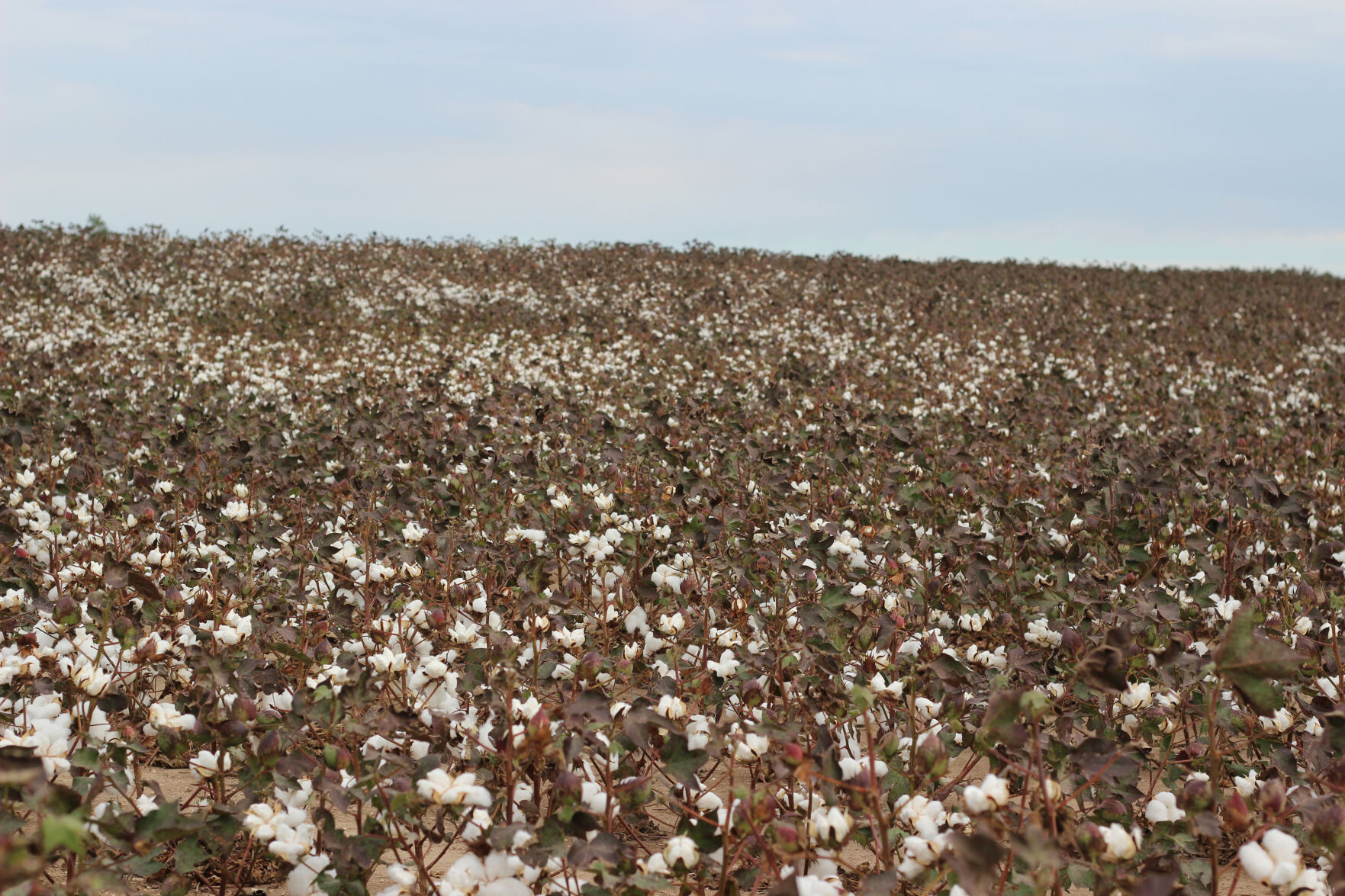Farmers and ranchers often discuss the importance of sustainability within the agriculture industry, but the real question is whether consumers are on the same wavelength with their understanding of what sustainability means.
Kim Kitchings, Cotton Incorporated’s vice president of consumer marketing spoke recently in a Cotton Incorporated webinar and said understanding consumers’ perceptions of cotton sustainability can help the cotton industry better connect with its customer base.
“Approximately 85% of the cotton fiber goes into apparel and textiles, so it’s important to understand what consumers care about when buying clothing,” she said.
Kitchings said Cotton Incorporated has been conducting research on this topic since 2003. One aspect researchers have analyzed over the years is consumers’ concerns for the environment.
“We’ve found 55% of consumers are more concerned about the environment than they were a year ago, 29% were about the same and only 16% are less concerned,” Kitchings said. “We have seen the 55% accelerate over the pandemic when consumers had time to contemplate and think about what this means.”
Additionally, the research indicates consumers feel climate change and global warming are most concerning to them—which Kitchings is not surprised by since the subject is discussed often the news. She said other issues of interest to them are water quality, pollution, air quality, scarcity of resources and land pollution. When consumers are asked specifically about apparel, the conversation starts to shift and the biggest concerns are water quality and air quality.
“If you think about apparel and the supply and what consumers are aware of, it makes sense,” Kitchings said. “In a 2017 study we asked the consumers if sustainability would influence their purchases for food, personal care, clothing or textiles and we can see in 2017 two-thirds of consumers were already saying it mattered, but there were even more increases over the pandemic.”
In fact, she says there was an over 10% jump in consumer saying personal care, clothing and textiles sustainability could influence their purchasing decisions of items. When Cotton Incorporated asked consumers what environmentally friendly means, 38% of the consumers interviewed said it means “no harm to the environment,” 27% of consumers said it means biodegradable and renewable and 12% believe it means natural.
“When consumers were asked what the term sustainable means when it comes to clothing, 47% said it must last a long time and be durable, 23% said it must be good for the environment, 18% said it should be recycled and 7% said it is natural,” Kitchings said. “So, their term of sustainable can be different than what we’re intending it to be in the industry.”
When consumers were asked to define circular fashion, 57% said they have no idea what that means, 15% said fashion styles will repeat over time and 12% were correct by saying it means to recycle old garments to make new ones.
“What you can see here is opportunities for us in the cotton industry to educate with what these mean and what they mean to us,” she said. “It is also important to understand these terms are not regulated in our industry, there are no firm definitions and agreed upon standards for all of these and they hold different messages for the consumer.”
Consumers were asked what matters to them when buying apparel, and they said clothes must fit well, be comfortable, good quality and a good price. The second areas that matter to them are durability, style, color, softness, performance and laundry—specifically if they have to dry clean it. The third priority is that the apparel is made by environmentally friendly brands and they care where the apparel is made.
“In 2000, 60% of consumers said they would pay more for better quality garments,” Kitchings said. “However, fast fashion offered the opportunity to pay less for garments and then dispose of them made that number go down.”
The percentage of consumers that would pay more for quality hit a low of 45% in 2011. Since that time, Cotton Incorporated has seen an attitude shift amongst consumers and somewhat of a move away from fast fashion.
“In 2022, we are at a 15-year high of 52% of consumers saying they are willing to pay more for quality,” she said. “This number is very important as we potentially go into a recessional period and high inflation. Additionally, 73% say cotton clothing is the highest quality they can buy and it lasts the longest.”
Finally, Kitchings said the strength of the cotton label has continued to be synonymous with quality, comfort and trustworthiness. She said more than eight out of 10 consumers are aware and recognize the seal of cotton.
“Not only are they aware it represents cotton containing items, 82% say products with the seal of cotton are sustainable and we know that 85% of consumers would like to see more seals of cotton on products to give them that nod. Additionally, 80% of consumers think a brand using this logo cares about the environment. Next year in 2023 will be our 50th anniversary of the seal of cotton as a logo. Any way you look at it for the cotton industry, the seal of cotton is sustainable.”
Lacey Vilhauer can be reached at 620-227-1871 or [email protected].
Sign up for HPJ Insights
Our weekly newsletter delivers the latest news straight to your inbox including breaking news, our exclusive columns and much more.



